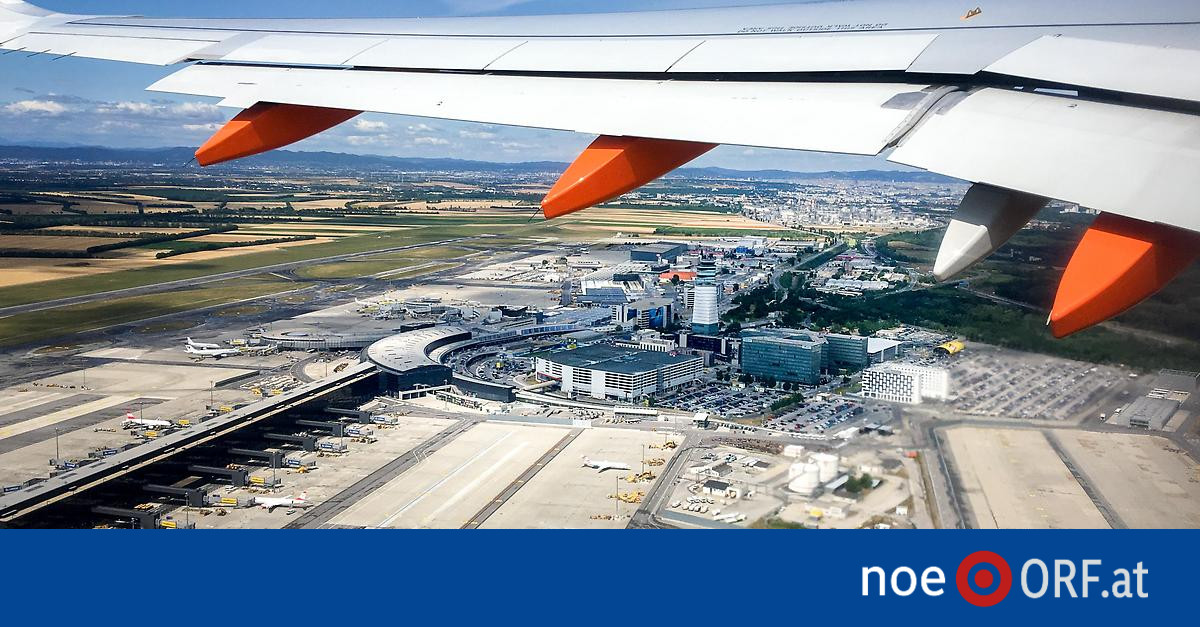“One person’s suffering is another’s joy” definitely applies to Niki and the airport. The Austrian Air Berlin subsidiary had to cease its flight operations in 2017 and followed the parent company into bankruptcy. For the airport in Schwechat, that was exactly the start for a flight of fancy.
At that time there was still a mood of crisis. Nobody suspected that a few months later a handful of low-cost airlines would contest the market share and thus ensure rapid growth. The number of passengers rose from around 24 million passengers in 2017 to 27 million in 2018 and this year to over 31 million. “If I could choose it, I would have said that we could have spread the growth of the past two years over the next five or six years and we would have been happy,” said airport director Julian Jäger.
Airport developed discount system
After the bankruptcy of Air Berlin, Vienna Airport developed a new discount system in the second half of 2017 to attract airlines and motivate them to grow – “where the intention was, of course, to prevent capacity losses,” said Jäger. This so-called incentive program has been in force since January 1, 2018. As a result, the average turnover per passenger fell slightly. Jäger does not believe that this alone has spurred growth. “In my view, the incentives play a completely subordinate role in the competition that arose there.”
Hunters blame the dynamics. For example, the two low-cost airlines Wizz Air and Level had not yet known at their start in Schwechat that with the takeover of the Niki successor airline Laudamotion with Ryanair “one of the most aggressive and successful low-cost carriers” would land in Schwechat. Since then, Wizz Air from Hungary and Ryanair from Ireland have been fighting for supremacy in the low-cost sector. In addition, the airport will be “very limited in terms of slot technology in the coming year. Therefore, according to Jäger, the airlines try to “fill the most important slots in the morning and in the evening.”
The Laudamotion boss Andreas Gruber says that the incentives “certainly helped that we are growing so rapidly”. The airport in Schwechat is still more expensive than other airports. Wizz Air manager Stephen Jones believes the airport has responded very successfully to the bankruptcies of Air Berlin and Niki. Airport fees used to be very high, and the reduction made them more attractive for low-cost airlines.
“Low-cost airlines lead predatory competition”
AUA also benefits from the discounts, but ticket prices have fallen sharply as a result of the price war in Schwechat. Due to the low price level, the Lufthansa subsidiary is likely to fly back into the red this year and will cut back up to 800 employees by the end of 2021. “It was to be expected that low-cost airlines would increasingly push to Vienna. However, the extreme extent of this low-cost aviation flood was so unpredictable. The low-cost airlines put up with irrationally high losses of their own in order to run a displacement competition in Vienna that is unprecedented in Europe, ”AUA spokesman Peter Thier told APA.
The AUA does not entirely agree with the discount system. “Vienna Airport is currently incentivizing relative passenger growth, among other things. This naturally motivates everyone, but especially low-cost airlines, to grow rapidly. As a small provider, you can easily achieve very high growth rates, ”says Thier. “As a home carrier, we are interested in sustainable growth instead of a flash in the pan.”
–


